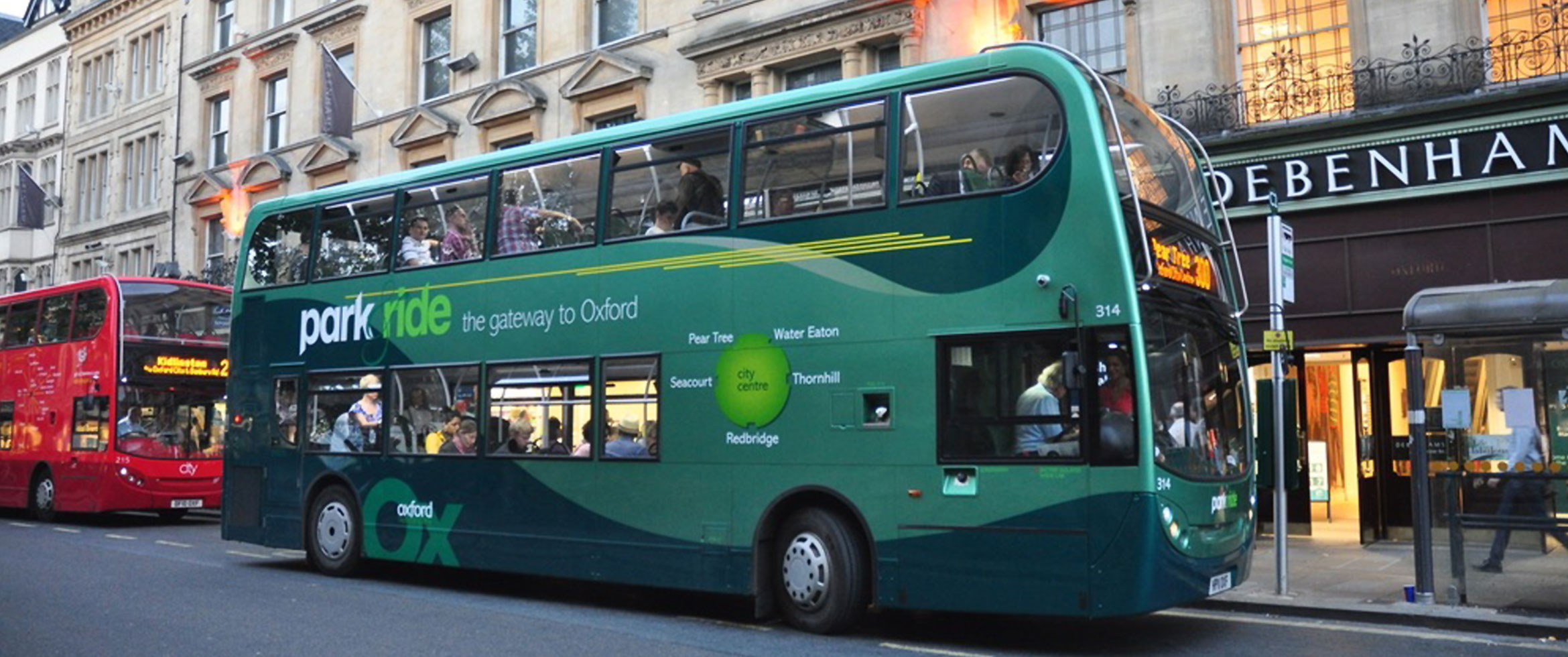Structural Modeling of Car Use on the Way to the University in Different Settings: Interplay of Norms, Habits, Situational Restraints, and Perceived Behavioral Control
Klöckner, C., & Matthies, E. (2009). Structural modeling of car use on the way to the university in different settings: Interplay of norms, habits, situational restraints, and perceived behavioral control. Journal of Applied Social Psychology, 39(8), 1807-1834. doi:10.1111/j.1559-1816.2009.00505.x.
How Habits Interfere with Norm-Directed Behaviour: A Normative Decision-Making Model for Travel Mode Choice
Klöckner, C., & Matthies, E. (2004). How habits interfere with norm-directed behaviour: A normative decision-making model for travel mode choice. Journal of Environmental Psychology, 24(3), 319-327. doi:10.1016/j.jenvp.2004.08.004.
Travel Mode Choice of Women: The Result of Limitation, Ecological Norm, or Weak Habit?
Matthies, E., Kuhn, S., & Klöckner, C. (2002). Travel mode choice of women: The result of limitation, ecological norm, or weak habit?. Environment and Behavior, 34(2), 163-177. doi:10.1177/0013916502034002001.
Social Norms and Cooperation in Real-life Social Dilemmas
Thogersen, J. (2008). Social norms and cooperation in real-life social dilemmas. Journal of Economic Psychology, 29(4), 458-472.
Emotions, Habits and Rational Choices in Ecological Behaviours: The Case of Recycling and Use of Public Transportation
Carrus, G., Passafaro, P., & Bonnes, M. (2008, March). Emotions, habits and rational choices in ecological behaviours: The case of recycling and use of public transportation. Journal of Environmental Psychology, 28(1), 51-62.
Social Context, Personal Norms and the Use of Public Transportation: Two Field Studies
Bamberg, S., Hunecke, M., & Blöbaum, A. (2007). Social context, personal norms and the use of public transportation: Two field studies. Journal of Environmental Psychology, 27(3), 190-203.
Applying a Modified Moral Decision Making Model to Change Habitual Car Use: How Can Commitment be Effective?
Matthies, E., Klöckner, C., & Preißner, C. (2006). Applying a Modified Moral Decision Making Model to Change Habitual Car Use: How Can Commitment be Effective?. Applied Psychology: An International Review, 55(1), 91-106.
Norms for Environmentally Responsible Behaviour: An Extended Taxonomy
Thogersen, J. (2006). Norms for environmentally responsible behaviour: An extended taxonomy. Journal of Environmental Psychology, 26(4), 247-261.
Effecting Durable Change: A Team Approach to Improve Environmental Behavior in the Household
Staats, H., Harland, P., & Wilke, H. (2004). Effecting Durable Change: A Team Approach to Improve Environmental Behavior in the Household. Environment and Behavior, 36(3), 341-367.
Incentives, Morality, or Habit? Predicting Students' Car Use for University Routes with the Models of Ajzen, Schwartz and Triandis
Bamberg, S., & Schmidt, P. (2003). Incentives, morality, or habit? Predicting students' car use for university routes with the models of Ajzen, Schwartz and Triandis. Environment and Behavior, 35(2), 264-285.



